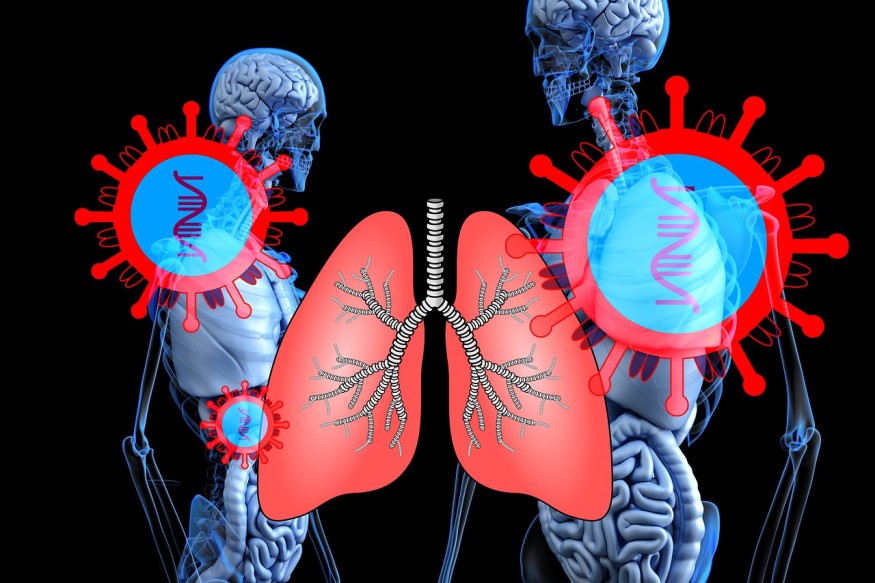
Lung transplantation was once a rare organ transplant procedure until COVID-19. When a person gets infected with severe COVID-19, they are sometimes left with the option of lung transplantation to save their life.
But the growing prevalence of lung transplants has also raised ethical concerns about whether to allocate the scarce resource to those who have chosen not to get vaccinated against coronavirus. Experts said that if there is more supply, the number could even get higher.
Lung Transplant on the Rise: Experts Weigh in Whether to Allocate Scarce Resource to Those Who Chose to Not Get Vaccinated
COVID-19 Honeycomb Lungs
The Cleveland Clinic, one of the top-ranked medical centers in the US, said last week that hospitals across the country have reported a rise in lung transplants for severe coronavirus cases. This once rare surgery may be the option left for patients to survive the life-threatening infection that caused lung damage.
The lung infection combined with a hyper-inflammatory immune response to it and the body's failure to repair the injury can cause deposition of yellow fibrotic scar tissue, also known as the honeycomb change, Bloomberg reported.
David Kleiner, the head of autopsy pathology in the National Institutes of Health Clinical Center in Bethesda, Maryland, said that the process irreversibly damages the tiny grape-like sacs of the lungs, and the only way for patients to survive to that fibrotic stage is to get intubated. He added that it could lead to harmful scarring a couple of weeks later.
According to the study titled, "Early Outcomes After Lung Transplantation for Severe COVID-19: A Series of the First Consecutive Cases From Four Countries" published in the journal The Lancet Respiratory Medicine, COVID-19 honeycomb lungs have led to lung transplants throughout the pandemic around the world. It highlights another dimension of the pandemic's burden on survivors and healthcare resources.
Increased Lung Transplants Raises Questions on Ethics on Non-Judgment
NPR reported that recent data from the United Network for Organ Sharing (UNOS) showed that 10% of lung transplants in the US now go to severe COVID-19 patients.
Moreover, they have recorded ten times increase in lung transplants for COVID-19 patients between the first year of the pandemic and 2021. It shows that lung transplants for COVID-19 are greater than other lung diseases, such as cystic fibrosis, emphysema, and pulmonary fibrosis.
The increased number of lung transplants due to COVID-19 is forcing doctors to choose a way to best manage who gets them, especially as it also raises questions on ethics on non-judgment of people who chose not to get the procedure.
Ethics on non-judgment means that those who smoked and drank alcohol in excess can still be listed for an organ transplant if they have stayed smoke-free or sober for at least six months. That means an application for organ transplants does not judge people's previous behavior.
Some doctors said that COVID-19 patients should also be subject to the same expectation whether vaccinated or unvaccinated. But today, some unvaccinated patients lose their spot on the list against those vaccinated patients.
It has ignited concerns of being unfair because it could discriminate racial, religious, or ethnic groups with lower vaccination rates than the general public. The principle behind waitlisting is to practice equity and prioritize those who do not have the luxury of waiting longer for an organ transplant.
RELATED ARTICLE : How Viable is Lung Transplant for COVID-19 End-Stage Lung Disease?
Check out more news and information on COVID-19 in Science Times.










